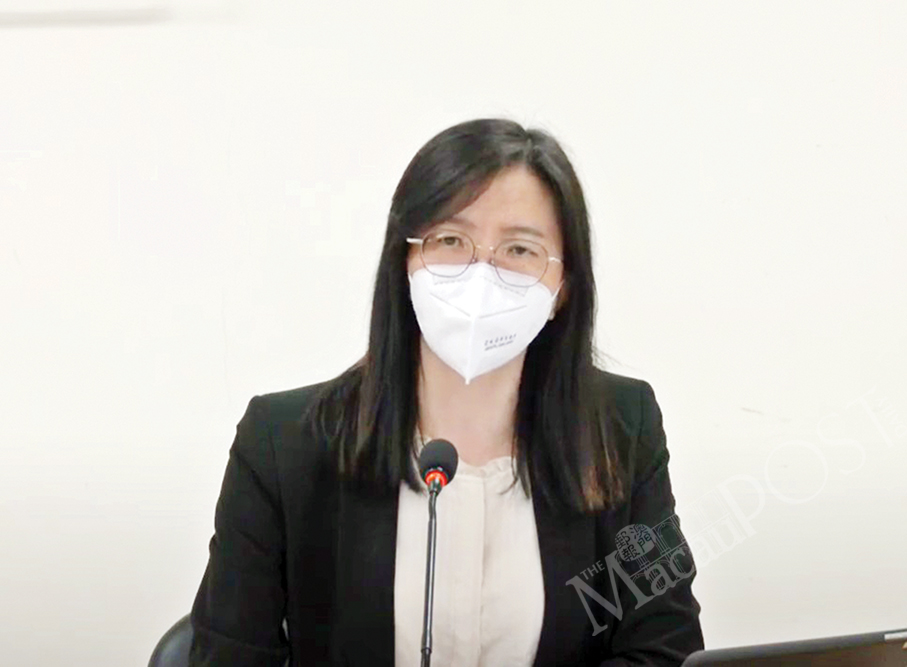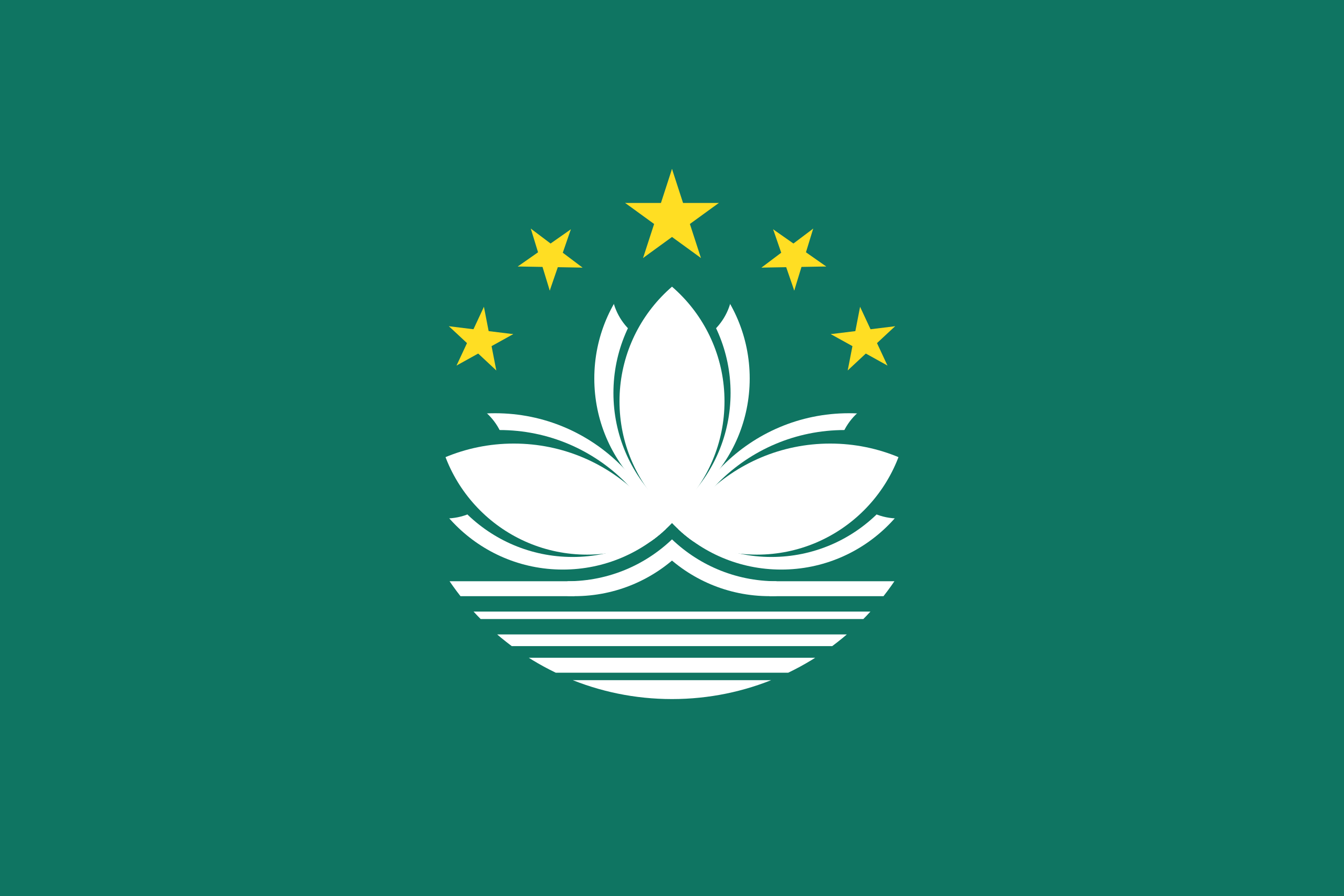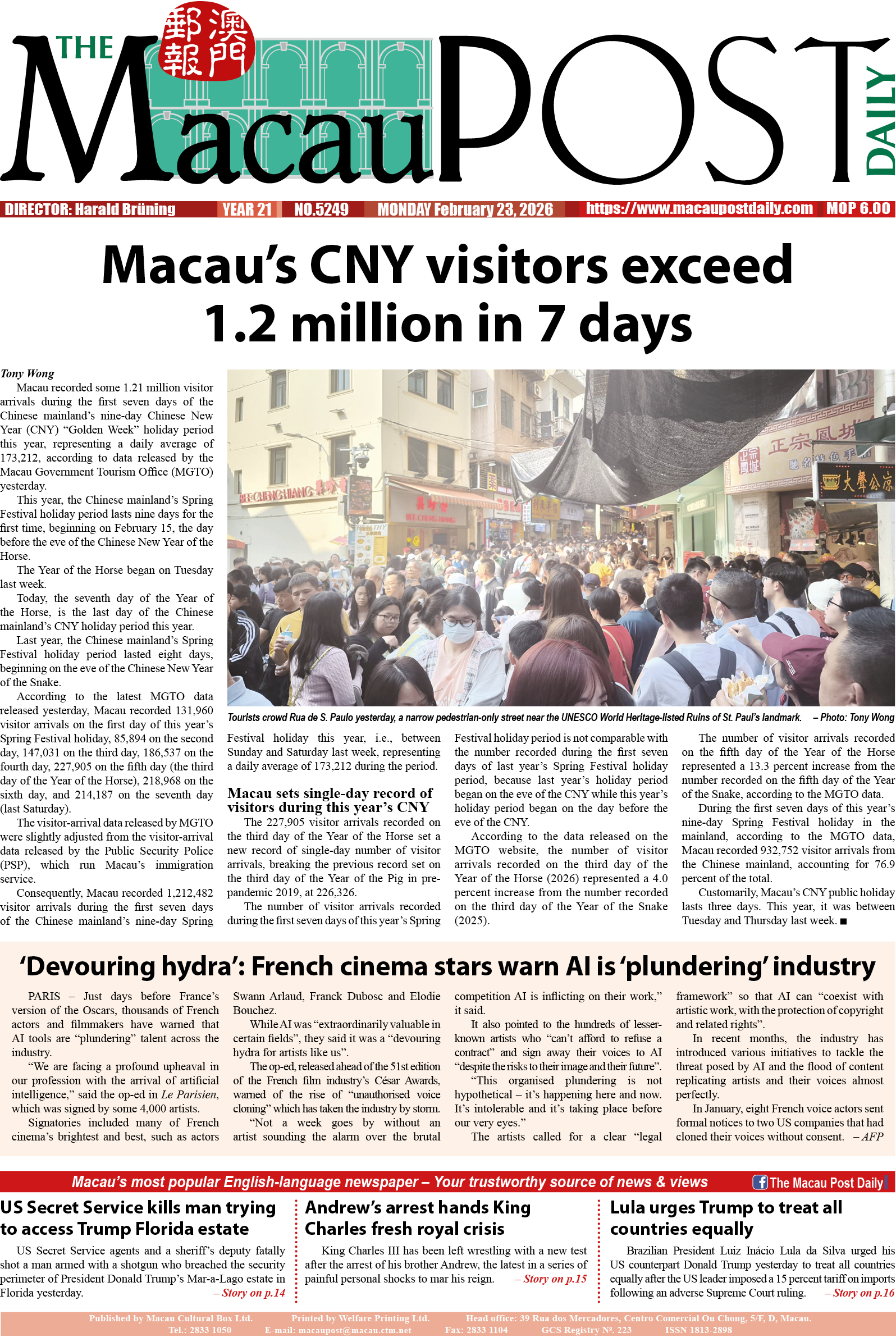The Health Bureau (SSM) announced yesterday that senior citizens born on or before December 31, 1942 or those with disabilities can apply for exemptions from the government’s mandatory citywide COVID-19 nucleic acid tests (NATs), provided that they meet certain conditions such as the complete inability to take care of themselves.
The government has launched three more rounds of mandatory mass nucleic acid tests to be carried out within six days, starting today.
The Health Bureau also underlined yesterday that the government aims to reach its dynamic zero-COVID goal this week, after which the government would be able to launch a consolidation period during which non-essential businesses could gradually resume operations but with strict COVID-19 measures still in place.
Leong Iek Hou, who heads the Communicable Disease Prevention and Control Division of the Health Bureau, announced the new exemptions for the two groups of people during yesterday evening’s daily press conference about the viral menace.
Those aged below three have been exempted from the government’s mandatory citywide nucleic acid tests since early this month, and their exemptions are automatic without the need to make an application, while an application will be needed for the two new groups of people to be exempted from mass tests.
Online applications for the two groups’ exemptions from citywide nucleic acid tests start today.
During yesterday’s press conference, Leong announced that two groups of people with reduced mobility who need long-term care by others can apply to be exempted from the government’s mass nucleic acid tests, namely “very old” senior citizens and those with disabilities.
According to Leong, “very old” senior citizens covered by the exemptions are all those in Macau who were born on or before December 31, 1942.
Those with disabilities covered by the exemptions, according to Leong, are those holding a Disability Assessment Registration Card issued by the Social Welfare Bureau (IAS).
A Disability Assessment Registration Card is only issued to local residents. Disabled residents need to be assessed by the Social Welfare Bureau first before they can get the card. Under the assessment system, there are six kinds of impairment, namely visual, audio, verbal, physical, intellectual and mental. There are four levels for the six kinds of impairment, namely slight, moderate, severe and profound.
According to Leong, those in the two groups are only eligible for the exemptions provided that they meet two conditions, namely having reduced mobility and requiring long-term care.
Those with reduced mobility, according to Leong, are those who are only able to leave home when they are being supported by others throughout the whole journey, or when they are using a walking aid with the assistance of others throughout the whole journey.
According to Leong, people who need long-term care by others are those who are only able to engage in basic daily activities with the assistance of others, such as eating, drinking, dressing, showering, and relieving themselves.
The online applications will have to be submitted by those who take care of either of the two groups of people – i.e., the carers, Leong said.
The applications open at 9 a.m. today on https://iasapp4.ias.gov.mo/exempt-apply
Govt extends people’s movements & business curbs for 5 more days
The government has extended its restrictions on people’s movements and suspension of non-essential businesses for five more days, because of which the COVID-19 special measures that enable Macau to maintain a state of “relatively static” movement of people are now slated to end at 11:59 p.m. on Friday.
Chief Executive Ho Iat Seng formalised the special measures’ five-day extension in an executive order promulgated in the Official Gazette (BO) on Saturday.
Saturday’s order came after an order which imposed the special measures on people’s movements and businesses from 00:00 on Monday last week for a duration of seven days. Ho’s original order, which was promulgated on July 9, expired at 11:59 p.m. yesterday. Saturday’s order issued by Ho formalises the continuation of the special measures announced on July 9.
The five-day extension took effect at 00:00 today and is slated to remain in force through Friday.
Special measures laid out by the two executive orders are identical, with the only difference being the period of the measures’ implementation.
Saturday’s executive orders state that in addition to the various entertainment venues that have been closed since June 23 – such as cinemas, beauty parlours, karaoke bars, nightclubs, snooker halls and hair salons, all other businesses must suspend operations from today through Friday except those in three circumstances.
Firstly, according to the executive order, those providing basic public services will stay open, such as water, electricity and natural gas utilities, fuel suppliers, telecom services, public transport (buses and taxis), and waste collection. Those that are needed to maintain civil society’s normal functioning will also remain operational, such as hotels and inns, cleaning services, property management, daily necessities wholesalers, and logistics operators transporting daily necessities.
Secondly, those that are needed to maintain residents’ daily lives will also remain open, such as wet markets, supermarkets, restaurants and other businesses selling takeaways, pharmacies, and healthcare facilities.
Thirdly, the order states that exceptionally the government can allow other businesses to remain open as well.
Restaurants’ dine-in services will continue to be prohibited, i.e., they are only allowed to sell takeaways.
Newspapers and other media companies have also been permitted to stay open.
According to the order, everyone must stay at home unless going to work, buying daily necessities, or going out for other necessary tasks or urgent matters, such as going to a NAT station for their mandatory tests or going to a healthcare facility to seek medical treatment.
Everyone must wear a facemask when going out, while all adults must wear a KN95 facemask or those of higher standards.
Anyone violating the order, including those failing to wear a KN95 facemask or those of higher standards when going out, faces up to two years in jail or a hefty fine.
During the five-day extension from today through Friday, public buses will continue to be running on greatly reduced routes and schedules. Only those working in sectors that remain open or those going to healthcare facilities to seek medical treatment are allowed to catch a bus.
Those working in sectors that are allowed to stay open have been issued a special permit by the respective public entities overseeing the respective sectors’ operations for them to show to the driver when getting on a bus. Domestic helpers can show their “blue card”, which indicates that they are legally employed in Macau, when catching a public bus. Live-out domestic helpers are allowed to continue travelling to their employers’ home to work.
The Financial Services Bureau (DSF) announced on Saturday that staff members of accounting firms can apply for special permits to go back to work this week.
All public administration services will remain suspended during the five-day period from today to Friday except urgent and essential ones. In addition, banks will also remain closed during the period, but urgent services will be provided.
3 more rounds of mass tests
Officials announced details of this week’s three rounds of mandatory citywide nucleic acid tests during Saturday’s press conference about the viral menace.
The three new rounds of the mass NAT drive will be carried out at 69 stations, comprising 42 general stations – where the tests are free of charge, 13 self-paid stations that charge 55 patacas per test, seven special care stations, and seven mobile stations (buses). There will be no more testing during the overnight period.
The general testing stations will operate between 8 a.m. to 1 a.m. on the first day of each two-day round, and between 8 a.m. and 7 p.m. on the second day of each round. The special care stations will operate between 6 a.m. and 1 a.m. on the first day, and between 6 a.m. and 7 p.m. on the second day of each round. The mobile stations will run from 9 a.m. to 10 p.m. on the first day, and from 9 a.m. to 6 p.m. on the second day of each round.
The officials noted that in the past few people went to the testing stations overnight, adding that the hard-working healthcare workers needed more time to rest.
As before, residents and others must self-test for COVID-19 with a rapid antigen test (RAT) kit at home before going to the citywide NAT stations for their tests.
The three new rounds of the mass NAT drive are the current COVID-19 outbreak’s 11th, 12th and 13th rounds.
Everyone tested during the 12th round will be handed five COVID-19 rapid antigen test kits for self-testing, while they will be handed 10 KN95 facemasks during the 13th round. Nothing will be handed out during the 11th round, which starts at 8 a.m. today.
Latest tally shows caseload going down
The latest tally of Macau’s current COVID-19 outbreak has increased by 27 to 1,733, according to a Novel Coronavirus Response and Coordination Centre statement yesterday morning. The 27 new locally transmitted cases were detected between 00:00 a.m. and 11:59 p.m. on Saturday, raising the outbreak tally from 1,706 as of Friday night to 1,733 as of Saturday night.
The outbreak tally was up by 31 from 1,644 to 1,675 on Thursday, and also up by 31 to 1,706 on Friday.
Live-out maids must undergo NAT every day
Meanwhile, live-out domestic helpers are now also required to undergo a nucleic acid test every day. There are six other occupations that have been subject to a daily nucleic acid test, namely restaurant staff, food deliverers, public bus drivers and taxi drivers, as well as security, cleaning and building management staff.
There are very few “live-in” domestic helpers in Macau. Most domestic helpers live in shared accommodation rented by themselves, often in crowded flats in old walkups.
According to the Labour Affairs Bureau (DSAL), 24,543 non-local domestic workers were authorised to work in Macau at the end of May. Most non-resident workers employed as domestic helpers are from the Philippines, Vietnam, Indonesia, Myanmar, and the Chinese mainland, according to DSAL data.
The government stressed that the live-out domestic helpers also must continue to self-test for COVID-19 every day.
Officials at Saturday’s press conference announced that the government planned to launch a consolidation period after reaching its dynamic zero-COVID goal with multiple rounds of citywide nucleic acid tests.
The officials said that the consolidation period may be relatively long, admitting that some new COVID-19 cases may still be detected during the period.
The officials said that some businesses meeting certain criteria and safety standards would possibly be allowed to operate during the consolidation period, such as hair salons.
According to the officials, the government’s aim continues to achieve a return to normal life and achieve quarantine-free travel with the mainland as soon as possible.
The officials said that the future direction of the government’s anti-COVID-19 measures would depend on the outcome of this week’s three rounds of nucleic acid tests. They said that during the consolidation period people in Macau should be able to gradually return to their normal life.

Leong Iek Hou, who heads the Health Bureau’s (SSM) Communicable Disease Prevention and Control Division, addresses yesterday’s press conference about the city’s current COVID-19 outbreak. Photo: GCS








